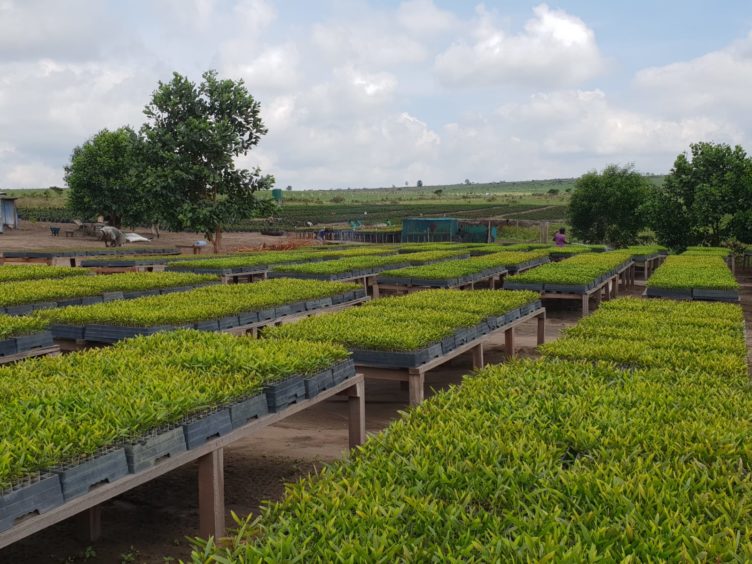
Total has signed a deal with Forêt Ressources Management (FRM) to plant a 40,000 hectare forest in Congo Brazzaville.
The company will plant the trees on the Batéké Plateaux.
The forest will capture more than 10 million tonnes of CO2 over 20 years, Total said. This will be certified in line with the Verified Carbon Standard (VCS) and Climate, Community & Biodiversity (CCB) standards.
Total is committing to “the development of natural carbon sinks in Africa”, said the company’s senior vice president of African exploration and production Nicolas Terraz. “These activities build on the priority initiatives taken by the group to avoid and reduce emissions, in line with its ambition to get to net zero by 2050.”
The French company will finance the project. The major said the work would involve local communities and provide sustainable wood energy.
The company intends to help local species through the project and broaden biodiversity.
Selective cutting will provide nearby populations, particularly Brazzaville and Kinshasa, with lumber and plywood. The work will create employment, with an impact on “several thousand people”, Total said.
The planting initiative will also involve a local development fund. This will support health and educational plans for nearby villages.
Wood business
“The more than 10 million hectares of land reserves on the Congo’s Batéké Plateaux offer a fantastic way to combat climate change at the global level and a unique opportunity for sustainable socio-economic development in isolated regions of the country,” said FRM’s chairman and CEO Bernard Cassagne.
Congo Brazzaville launched a forestry programme, Pronar, in 2011, said the Minister of the Forest Economy Rosalie Matondo.
This was intended to “expand the country’s forest cover and increase carbon storage capacity, create new wood-based businesses to diversify the national economy, and foster the emergence of a green economy in the Republic of the Congo,” the minister said.
The French company launched its Total Nature Based Solutions unit in mid-2019. This was intended to develop natural carbon sinks and help the company achieve its net zero emissions by 2050. It has a budget of $100 million per year.
Total aims to sequester at least 5mn tonnes per year of CO2 from 2030.
